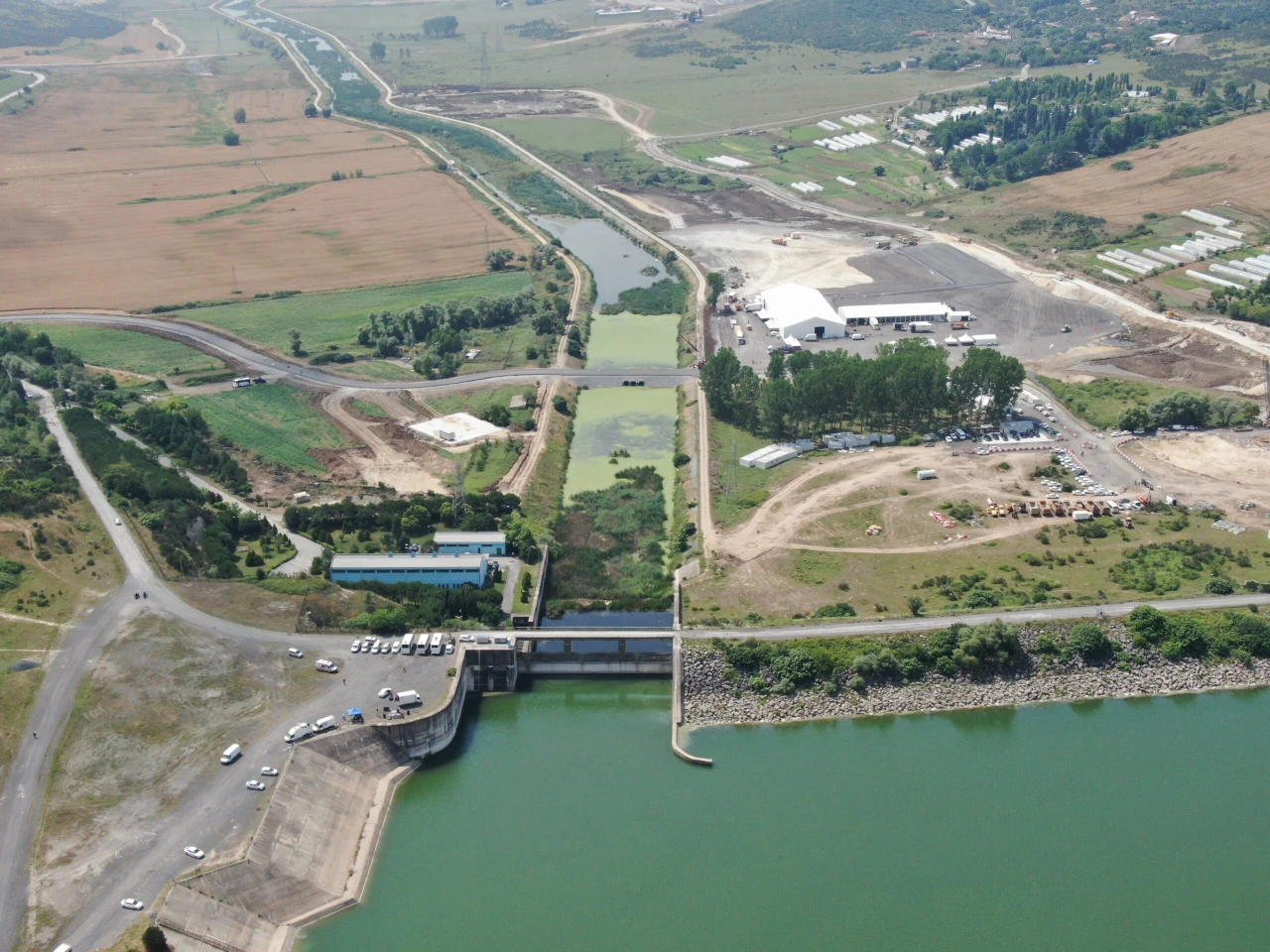European countries freeze Syrian asylum requests after Assad’s ouster
 Syrians who took refuge in Türkiye during the civil war in their country gather at the Cilvegozu Border Gate in Hatay to return to Syria following the fall of the 61-year Baath regime, Türkiye, December 2024. (AA Photo)
Syrians who took refuge in Türkiye during the civil war in their country gather at the Cilvegozu Border Gate in Hatay to return to Syria following the fall of the 61-year Baath regime, Türkiye, December 2024. (AA Photo)
A wave of European governments announced Monday they are freezing asylum requests from Syrians after the sudden ouster of President Bashar al-Assad, signaling a shift in refugee policies that has drawn both support and criticism.
Countries including Britain, Germany, France, and Italy have suspended pending asylum applications as Islamist-led rebels took control of Damascus, ending Assad’s decades-long rule. The swift developments have left governments grappling with uncertainty about Syria’s future and the implications for millions of displaced Syrians.
Austria took the most decisive stance, with Chancellor Karl Nehammer ordering a review of all asylum grants and a freeze on new applications. Interior Minister Gerhard Karner confirmed preparations for a “repatriation and deportation programme to Syria,” citing fundamental changes in Syria’s political landscape.
Germany, home to Europe’s largest Syrian community, also halted asylum decisions, citing the volatile situation. The Federal Office for Migration and Refugees said the freeze would remain until the situation in Syria becomes clearer.
Interior Minister Nancy Faeser acknowledged that many refugees now have hope of returning but cautioned against premature action. “Concrete possibilities of return cannot yet be predicted, and it would be unprofessional to speculate in such a volatile situation,” she said.
Far-right politicians across Europe have seized the moment to call for immediate deportations. In Germany, Alice Weidel of the Alternative for Germany (AfD) party wrote on X, “Anyone in Germany who celebrates ‘free Syria’ evidently no longer has any reason to flee. They should return to Syria immediately.”
The calls for deportation have sparked backlash from human rights organizations and refugee advocates. Amnesty International criticized the asylum freezes, warning that the human rights situation in Syria remains opaque and potentially dangerous. The United Nations refugee agency called for “patience and vigilance” as the situation unfolds.
In Sweden, Jimmie Akesson of the far-right Sweden Democrats said residence permits for Syrians should be reconsidered. “Destructive Islamist forces are behind the change of power,” he wrote on X, suggesting refugees should now view the situation as an opportunity to return.
Meanwhile, France, Belgium, the Netherlands, Switzerland, Denmark, and Norway announced similar measures to suspend asylum applications. Italy also aligned with its European partners, declaring a halt to Syrian asylum requests following a cabinet meeting Monday night.
In Greece, officials expressed hope that Assad’s fall could eventually enable the safe return of refugees but stopped short of announcing specific policy changes.
As European governments move toward restrictive policies, debates within countries remain heated. In Germany, calls for border controls and proposals for voluntary return incentives have fueled election-season rhetoric. Jens Spahn, a Christian Democratic Union (CDU) MP, suggested charter flights to Syria and financial incentives for returning refugees.
However, members of Germany’s governing coalition criticized these discussions as “populist and irresponsible.” Anton Hofreiter of the Greens warned against deportation talk, emphasizing the uncertainty in Syria’s political and security situation.
Syrians abroad are cautiously watching the unfolding events. Mahmoud Zaml, a 25-year-old Syrian pastry worker in Berlin, expressed hope for returning but emphasized the need for safety. “We want to go back to Syria,” he said, “but we have to wait a bit now. We have to see what happens and if it is really 100 percent safe.”



